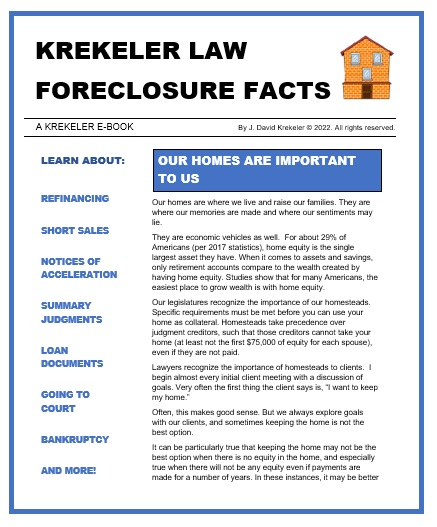The answer depends upon a number of factors. We know that you cannot discharge any debts arising from a divorce except under Chapter 13. Using that chapter, a debtor may discharge debts which are not domestic support obligations (DSOs). Domestic support obligations, generally speaking, are debts which are in the nature of alimony, maintenance, or support.
The issue, then, may come down to whether or not the attorney fee award is in the nature of support. That could well depend upon why the attorney fees were ordered. If the fees were ordered to be paid to help the ex-spouse support the family, for example, the award will likely be a DSO and not be dischargeable. On the other hand, if the fees were ordered to punish you for having over-litigated the divorce case, the attorney fee order will likely not be a DSO.
In making the determination of whether or not a debt is a DSO, bankruptcy courts are not bound by the label or description used by the family court. That label may be one factor, but the bankruptcy court will make its own determination. It will look both at the nature of the award and the function that the award was designed to achieve. An award or order which seeks to equalize the assets and liabilities will likely not be a DSO. An award which provides for the children of the marriage likely will be.
These are difficult issues with lots of gray area. We like to have an opportunity to review any marital settlement agreement before it is entered into to ensure that our client’s divorce will not jeopardize a future fresh start.


I was ordered to pay my ex-wifes attorney fees. Federal Bank Ruptcy court discharged it in Chapter 11. But then the family court ignored the bankrutpcy disharge claiming the bankruptcy court did not have authority to do that, so the get around the bankruptcy court the family court ordered me to pay 100% for costy of a child custody evaluator instead of having my exwife pay 50%. The family court said that by paying for all the cost of the custody evaluator it would cover my exwifes attorney fees that were discahged by the bankruptcy court.
Question One: Did the family court have authority to do that or was it an abuse of discrition giong around the bankruptcy court.
Now I have again been ordered to pay my exwifes attorney fees. She abondoned my son so I filed for change of custdoy, ever a year she took my son back, but the family court denied my request for custody and ordered I pay my exwife’s attoney fees back in June 2020. The attoreny alleges he did $28,000 worth of work. My exwife’s attonrey also accted as my son’s attorney and drafted documents for him and e-signed them and filed them for my son and represtend my son in oragl argument- which was violation of code of ethics because an attorny can’t represent a minor child and a parent in the same divorce case. Your web page mentions it may be possible to by chapter 13 to discharge court ordered attoreny fees to an exspouse. IF so can the family court overrule and reverse the fedeeral bankruptcy court “disharage” of family court order of fees to an expouse’s attorney?